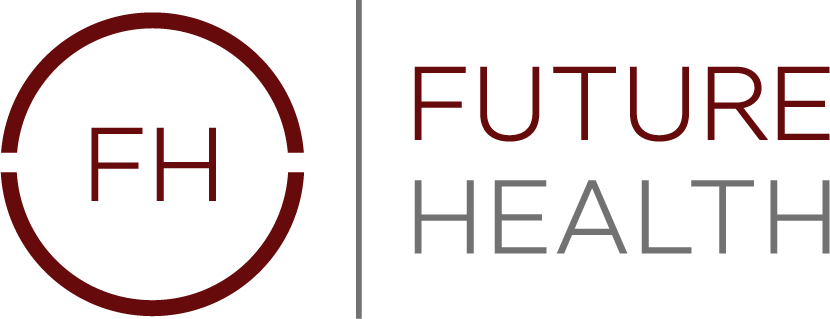What can policymakers learn from the vaccine rollout?
Richard Sloggett, Founder and Programme Director of Future Health, delivered a keynote speech at a Westminster Health Forum conference on the policy learnings from the Covid 19 vaccine rollout.
Richard recorded the attached video after his speech on the Future Health Youtube channel: https://youtu.be/PU9N0VN2RPI
Speaking alongside leading politicians, clinicians, NHS leaders and academics, Richard set out five takeaways from the programme to inform future healthcare policy development:
- The need for a long term view – The vaccine programme is an example of successive government’s investing in UK science, providing a sustainable platform for success
- Maintaining investment – Despite a tough financial climate in recent years, the Government has committed to investing in the life sciences sector, and plans to do so in the future with plans to increase R&D investment to 2.4% of GDP
- Building partnership – The Government has sought a partnership approach with the life sciences sector that has borne fruit. The ability to bring together Government, NHS. industry and academia has been a potent force
- Balancing accountability and delivery – The success of the vaccine programme has shown how to balance the national-local model of health service accountability and delivery; with national policymakers providing resources and setting targets and local systems being empowered to deliver for their communities
- Need for concerted action on health inequalities – Some of the difficulties with the vaccine rollout have highlighted the challenge of health inequalities in the UK. Looking ahead there is now a real need for long overdue and strong action on this agenda
The full speech is below.
Assessing the policy approach to vaccine rollout, progress in reaching priority groups and the future landscape
It was just after 6.30 in the morning on the 8th December last year in Coventry that 90 year old Margaret Keenan became the first person in the world to receive their covid 19 vaccination.
As we know since then millions of people across the country have received their first dose and the UK is making rapid progress with its vaccination programme.
A summer of some possible normality now looms.
But what sits behind the success?
Where is further work needed?
And what can it tell us about the future healthcare policy landscape?
Today I want to explore these three questions.
What are the foundations of our success?
First, science has been critical to our response.
Successive Governments have backed the UK’s science base.
This has been a cross party effort.
Gordon Brown was a champion for research spending as both Chancellor and Prime Minister
And his successors have maintained this commitment,
from the Sir Paul Nurse review commissioned by the Coalition,
to Theresa May’s Industrial Strategy which put UK science at its centre,
and now to our current Prime Minister with his manifesto commitment for the UK to spend 2.4% of total GDP on research and development.
When Covid arrived scientists at Oxford University were already working on a prototype vaccine against the coronavirus that causes MERS and quickly adapted their work to Covid-19.
We knew about the ‘Kent variant’ due to the sequencing power of our genomics capability. A capability built up following a decision by David Cameron to personally lead a national mission on the topic.
Second, flexibility.
Throughout this crisis the policy response has had too adapt quickly. One of the problems with the early Government line about ‘following the science’ was this was designed to provide some sense of certainty and assurance; when the science at the time was anything but.
The decision to build a central vaccine procurement taskforce under Kate Bingham, received some criticism, but has proven a masterstroke in getting the UK ahead of the curve.
A small group working at the centre of Government to deliver on a Prime Ministerial mandate is not always a recipe for success. The list of failed initiatives, taskforces and tsars is long. But this one has worked.
Third, and seemingly contradictory to the previous point is stability.
The NHS brought its scale, knowledge, expertise and relationships to deliver the programme rapidly at scale.
NHS Chief Executive Simon Stevens and Chief Commercial Officer Emily Lawson used existing groups of GPs and primary care networks (PCNs).
This utilised existing local knowledge, systems and relationships to rollout the national commitments.
Each local area had to commit to vaccinating for 12 hours a day, seven days a week.
Alongside this extra capacity was created, with new vaccination centres rapidly deployed – including in places such as churches and football clubs.
Critically this national-local collaboration was able to use the existing data from GPs.
As Robert Colvile from the Centre for Policy Studies has noted this meant that the “jabbers could move seamlessly down the age and risk cohorts, because GPs had the appropriate patient lists.”
The NHS was also effective in bringing in partners to help. This included calling on volunteers to support the vaccination centres, and in working with military specialists to support the logistics of securely rolling out the vaccines.
So investment in science; and combining flexibility of response, with the stability of utilising existing health service structures has been the framework for success; but where is further work needed?
There has clearly been a challenge in the uptake of the vaccine amongst particular groups, such as minorities and some healthcare workers.
Barriers to vaccine uptake amongst such groups are wide ranging and include
perception of risk,
low confidence in the vaccine,
distrust,
access barriers,
inconvenience,
socio-demographic context and lack of endorsement from trusted providers and community leaders.
To overcome these barriers requires an authentic engagement strategy.
Utilising community leaders and trusted sources of information for the groups concerned is critical.
Last month I spoke to Professor Ran Balicer, a leading public health figure in Israel to discuss the vaccine rollout there.
Professor Balicer set out how he had gone into orthodox communities and sat down with key religious figures to secure their endorsement and support for the vaccine.
The Government and the NHS are taking action in this area, and new campaigns and videos from recognised figures have been released.
But more work is needed to ensure we don’t have a vaccine divide; which will create real practical and ethical difficulties as well as worries about infection surges and outbreaks in particular parts of the country as restrictions are eased.
There is also a danger of complacency and the need to stay ahead of the virus.
This is perhaps inevitable after such success.
There is increasing confidence about the impact of the vaccines on infections, hospitalisations and deaths; and our ability to update the vaccines to tackle future variants.
But there is a need for ongoing vigiliance beyond the 21st June when most restrictions are expected to be lifted.
Here at the Future Health Research Centre we have argued that the UK should be going further in the short term to ensure a successful summer.
We believe that zero covid is not possible, but that a Covid ‘green zone’ should be established. The green zone would have tighter borders, enhanced testing and virus surveillance.
And it was encouraging to see reports over the weekend that the Government was actively considering this approach.
It is particularly important given some of the difficulties faced by other European countries and the inequities of the vaccine rollout globally.
The UK government is right to put health security and resilience high on the agenda at the G7 and the new National Institute for Health Protection a dedicated agency to look at pandemics and health security concerns presents an opportunity for real UK global leadership in this space.
More widely we should not shy away from some of the challenges we have faced on vaccination before Covid.
In August 2019 the UK had lost its World Health Organisation measles free status and there were worrying variations in vaccine uptake across the country and between different groups, including healthcare workers.
Using the successes of Covid 19 to improve our wider vaccination system, feels like too important an opportunity to miss.
Finally what can we learn from the vaccine rollout for future healthcare policy?
There are I think five major lessons we can take from the Covid policy response
The need for a long term view.
The best policy development is often cumulative, where successive administrations show patience to commit to sectors, ride out periods of uncertainty, and take the outcomes and dividends beyond the pitfalls of the political cycle.
UK science is in many ways an example of this: a policy area that has benefitted from support across the political divide.
The need for investment.
The protection of investment in R&D has helped build up knowledge, resilience and capability that has driven the UK life science response and the benefits that are now being seen.
The need for partnership.
The scale and impact of the pandemic has demonstrated that like all major policy challenges, no one organisation, department or group has the answer. It is only by bringing together the best from Government, academia and the private sector that complex challenges can be fully tackled.
The need for effectively balancing accountability and delivery.
The success of the vaccine programme has shown a way forward for ensuring health service political accountability whilst maintaining operational independence. This national-local model should be the basis for the upcoming NHS reforms set out in the health and social care white paper.
The need for concerted action on health inequalities.
Some of the difficulties in the vaccine rollout and the impact of Covid more widely have highlighted the challenge of health inequalities in the UK. There is now a real need for long overdue and strong action on this agenda as part of public health reforms.
Following her vaccine Margaret Keenan, described it as “the best early birthday present she could wish for” as it meant she could spend time with her family and friends “after being on her own” for most of 2020.
There is more to do, and important lessons to be learnt, but thankfully and thanks to the vaccine 2021 looks like being a better year.
Thank you


